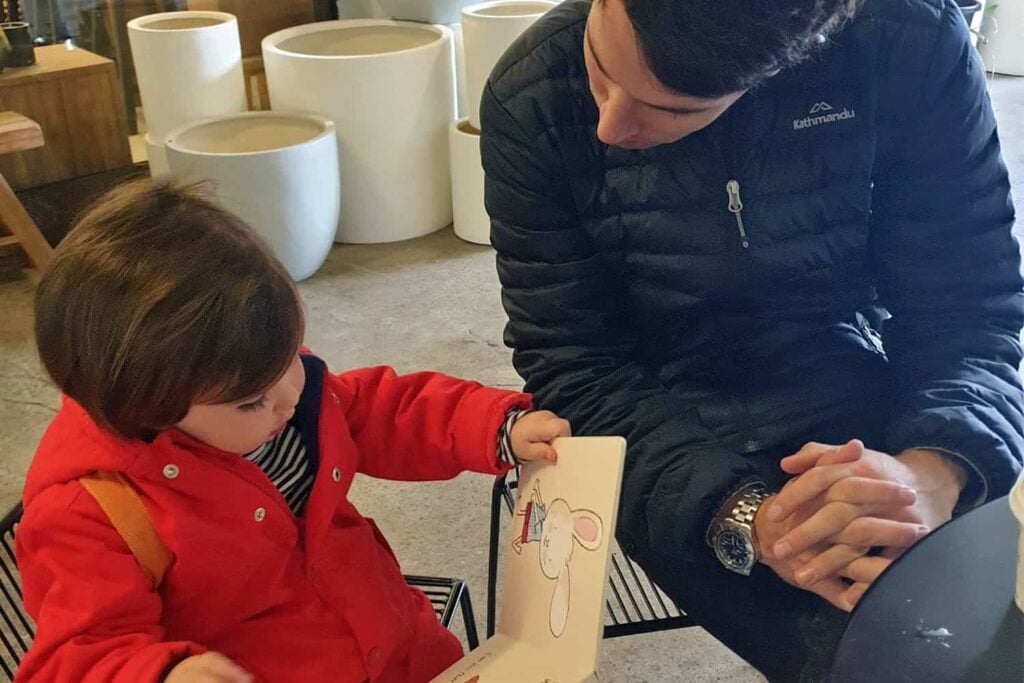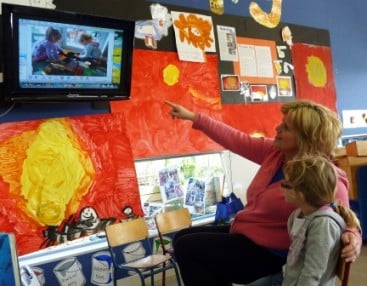The titles, authors and abstracts for papers published in the NZ International Research in Early Childhood Education Journal, Volume 20, No. 2., 2017, are shown below. To read any article a member login is needed – join us if you are not already a member. Many libraries subscribe to the journal so you may be able to view articles through your library’s system.
Order a copy of any article
Type in below the year, volume number and author(s) of the article you wish to order. The price per copy is NZ $19. Once you have completed your order it will emailed to you within 24 hours.
Retaining early childhood teachers: What factors contribute to high job satisfaction in early childhood settings in Australia?
Catherine Jones, Fay Hadley and Melissa Johnstone
Macquarie University, Australia
Abstract:
The Australian early childhood sector is grappling with high teacher turnover rates in a climate where the demand for teachers is higher than ever due to regulatory increases in qualifications and an influx of centre based services. The necessity to understand what inspires those teachers who remain in the sector and the factors enhancing their job satisfaction is pertinent in the current context. This article reports on a study of teacher job satisfaction while examining the potential of Deci and Ryan’s (1985) Self-Determination Theory (SDT) as a mechanism for understanding this phenomenon. The study consisted of two phases. Phase one included 229 teachers completing an online survey measuring job satisfaction, intention to turnover, extrinsic factors as well as a major component of SDT (the three Basic Psychological Needs of autonomy, relatedness, and competence in the workplace) with the W-BNS. In phase two, in-depth interviews were conducted with ten teachers who reported high levels of job satisfaction in their current workplaces from phase one. The ‘voices’ of these teachers support the findings from phase one by echoing the importance of meeting the three basic psychological needs in the workplace. This paper discusses the potential of SDT as a framework for understanding early childhood teacher job satisfaction and implications for policy and practice are also explored. .
Key words: Job satisfaction; self-determination theory; early childhood teacher; staff turnover; long day care; retention.
Full reference
Jones, C., Hadley F., & Johnstone, M. (2017). Retaining early childhood teachers: What factors contribute to high job satisfaction in early childhood settings in Australia? NZ International Research in Early Childhood Education Journal: Special Issue “Educators and their Work”, 20(2), 1-18.
Early childhood teachers’ emotional labour
Anuja Jena-Crottet
Post-graduate student, AUT University, NZ
Abstract:
The purpose of the research was to understand how early childhood education (ECE) teachers experience emotional labour in their work in New Zealand. Based on qualitative research methodology in-depth interviews were conducted with narratives and reflections from six teachers. It was found that stressful encounters with parents and the team, and unsupportive management may lead to emotional labour experiences. Unfair and heavy workloads and unpaid overtime hours may lead to poor work-life balance, fatigue and high emotional labour for teachers. It is hoped that this research will encourage awareness and professional dialogue in the ECE sector of emotional labour and help to inform changes in human resource management practices.
Key words: Emotional labour; work environment; deep acting; surface acting; occupational health and safety; teacher advocacy; work/life balance; workload.
Full reference
Jena-Crottet, A. (2017). Early childhood teachers’ emotional labour. NZ International Research in Early Childhood Education Journal, Special Issue: Early Childhood Teachers and their Work, 20(2), 19-33.
Advancing early childhood educators’ access to professional learning in gifted and talented education
Vanessa White* and Tracy Riley**
* Gifted Education Specialist, NZ
** Massey University, NZ.
Abstract:
The inquiry reported in this article sought to identify how specialists in gifted and talented education in New Zealand could provide professional learning and development support of value to early childhood educators. Embedded in a pragmatic epistemological framework, the perspectives of six early childhood educators were gleaned through semi-structured interviews, with contextual information being gathered through a brief online survey. Through a process of thematic analysis using an inductive approach, four themes emerged: incongruence between Ministry of Education documentation and practitioner support; gaps in knowledge and process; equitable opportunities and access to professional learning and support; and professional learning for modified and sustained practice. Early childhood educators expressed preferences for both direct professional learning support, as well as a facilitated process to develop sustainable networks within their local communities..
Key words: Gifted; talented; professional learning; support.
Full reference
White, V. & Riley, T. (2017). Advancing early childhood educators’ access to professional learning in gifted and talented education. NZ International Research in Early Childhood Education Journal, Special Issue: Early Childhood Teachers and their Work, 20(2), 34-49.
Field-based early childhood student teachers – who are they and what challenges do they face?
Nicola Dunham
Massey University, NZ
Abstract:
In Aotearoa New Zealand, early childhood teachers practice within a contestable landscape in which their value and worth is regularly questioned. Early childhood education (ECE) is associated with discourses of women’s work, quality and career choice. The perception within such discourses being that ECE is a female dominated field, with few men entering the work force as early childhood teachers. In addition, changes in the credentialing of early childhood teachers in New Zealand is associated with issues of quality and professionalisation, which have been significantly influenced by calls for pay parity with primary school counterparts, and associated challenges in minimal qualification requirements. Finally, as a career choice, ECE is associated with rates of high attrition and poor working conditions, which impact on quality provision. This paper draws on the findings from PhD research into student academic identity. The paper specifically focuses on the student demographic and associated challenges facing students of early childhood field-based initial teacher education. Using an interpretive qualitative research design, data was collected from students, teacher educators and associate teachers involved in early childhood field-based initial teacher education. Data from open-ended surveys, focus groups and individual interviews was analysed using thematic analysis informed by the principles of grounded theory. Documentary analysis associated with the wider socio-political context of early childhood education in Aotearoa New Zealand was also undertaken. The findings highlight challenges in relation to gender, career choice and academic expectations in early childhood education.
Key words: Field-based; early childhood; academic identity; credentials; characteristics.
Full reference
Dunham, N. (2017). Field-based early childhood student teachers – who are they and what challenges do they face? NZ International Research in Early Childhood Education Journal, Special Issue: Early Childhood Teachers and their Work, 20(2), 50-65.









